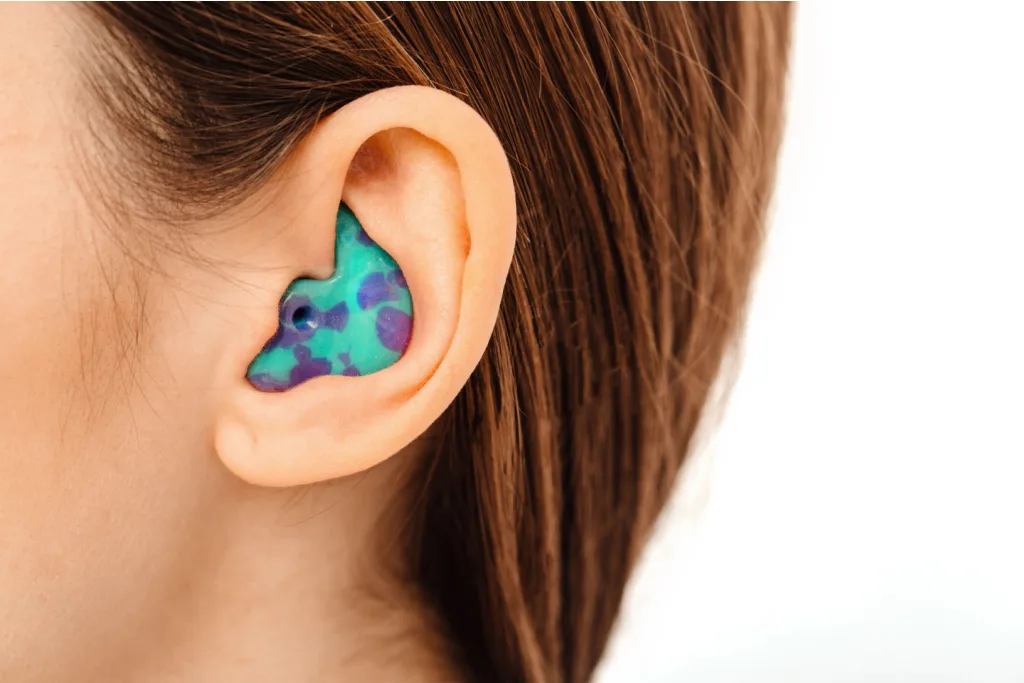Protecting your hearing is crucial for maintaining overall health and well-being. Hearing loss is a gradual and often irreversible condition that can significantly impact various aspects of your life. Noise-induced hearing loss (NIHL) is the only preventable cause of hearing loss. When exposed to loud sounds for extended periods of time, like concerts, machinery, or recreational activities like shooting or hunting, these can lead to NIHL. It may feel like you are adjusting to the loud sounds over time, but your ears and brain, unfortunately, will not adjust.
Once you lose your hearing from exposure to loud sounds, it will not recover (though it can usually be treated). Noise-induced hearing loss is typically gradual — by the time you notice it, it is often too late to prevent damage. By taking early precautions to protect your ears, you can prevent this type of hearing loss.
Follow the tips below and start protecting your hearing now!
10 hearing protection tips
- Avoid loud or noisy activities and environments, when possible.
- Use ear protection – if you can’t avoid noisy activities or environments, use hearing protection. Foam earplugs are an economical solution, but custom-fit hearing protection products are even better at reducing sound levels.
- Limit your time exposed to noises above 85 dB.
- Lower the volume – when listening to music, watching television, or using headphones, keep the volume at a moderate level.
- Take listening breaks – if you’re exposed to loud noises for an extended period of time, try to take short breaks to give your ears time to rest.
- Maintain a safe distance from loud sources – when possible, stay away from the loudest sound source (e.g., speakers, fireworks, sirens) to reduce your exposure to loud sounds.
- Do not put anything smaller than your elbow in your ear! This includes cotton swabs, bobby pins, keys, paperclips, or anything else you might use to clean or scratch your ears.
- Keep moving! Exercise keeps the blood pumping throughout the body, including the ears. This keeps the internal parts of the ears healthy. Adopting a healthy lifestyle helps to reduce the risk of associated hearing problems.
- Educate yourself and others – raise awareness about the importance of protecting hearing among your friends, family, and colleagues. Encourage them to take appropriate measures to safeguard their hearing as well.
- Get your hearing tested, especially if you experience a change in your hearing, or ringing or fullness in your ears for over 24 hours.
Following these preventive measures and being mindful of your hearing health can significantly reduce the risk of hearing loss. Remember, protecting your hearing is a proactive step toward ensuring a better quality of life and overall well-being. Schedule an appointment today for a hearing consultation.

